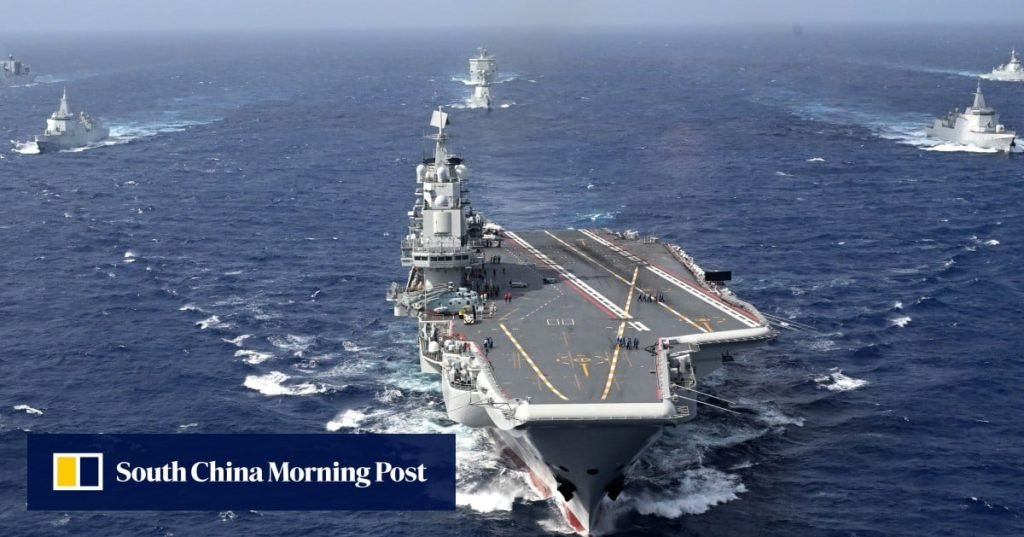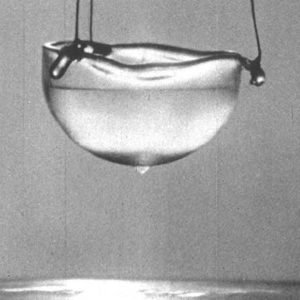
Chinese scientists claim to have obtained key parameters of the US military’s latest stealth anti-ship missile and applied them to a warfare simulation.
Boasting unparalleled realism, the enhanced warfare simulation platform reproduces the US military’s most powerful offensive weapons in unprecedented detail, helping the People’s Liberation Army (PLA) formulate more effective countermeasures and tactics to deal with potential military conflicts.
Better understanding the strengths of the enemy will only make China stronger, according to the project team led by researcher Wang Tianxiao with the North China Institute of Computing Technology, a supplier of the PLA’s war gaming system in Beijing.
Wang and his colleagues simulated a large-scale naval battle between China and the United States and revealed some key details in a paper published last month.
The battlefield was set in the northeastern part of the South China Sea, with the Chinese aircraft carrier battle group stationed on the mainland near the Pratas Islands, known as the Dongsha Islands in Chinese. Meanwhile the US aircraft carrier battle group was outside the nine-dash line between Taiwan and the Philippines.
The nine-dash line is the boundary declared by Beijing to assert its sovereignty over the South China Sea. The US military suddenly began a large-scale attack on the Chinese fleet, with one wave of 10 AGM-158C Long Range Anti-Ship Missiles (LRASMs) launched simultaneously from different platforms, targeting one of the large destroyers escorting the Chinese aircraft carrier.
It is not unusual for the PLA to simulate US military attacks, but the devil is in the detail.





